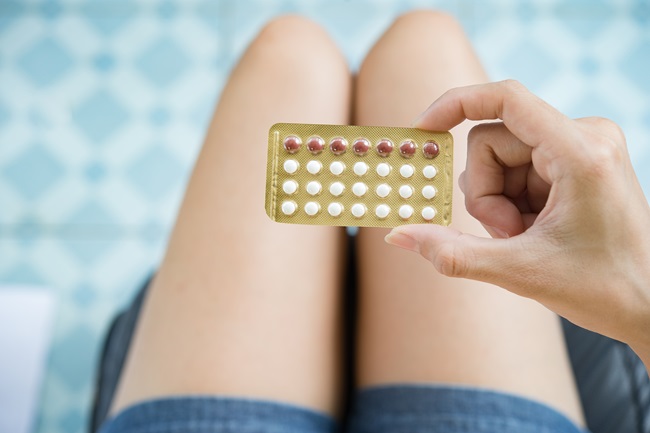Thinking about getting pregnant after being on birth control? You’re not alone. Many women wonder how quickly they can conceive after stopping contraceptives—and more importantly, what they can do to increase their chances. If you’re ready to make the switch from prevention to preparation, there are specific steps you can take to boost your fertility naturally.
One of the most common questions that comes up during this transition is: Does birth control affect fertility? In this guide, we’ll answer that and walk you through five critical things to do after stopping birth control to help you conceive faster.
1. Understand How Your Cycle Works Post-Birth Control
When you stop birth control, especially hormonal methods like the pill, patch, ring, or injection, it may take time for your natural menstrual cycle to regulate. Some women resume ovulating right away, while others may take a few months to get back on track.
What to Expect
-
Withdrawal Bleeding vs. Real Period: The first bleed after stopping birth control is usually withdrawal bleeding, not a true period. It’s the one that follows that marks the start of your natural cycle.
-
Delayed Ovulation: Ovulation may not occur right away. It’s normal for cycles to be irregular for a few months.
Tip: Track Your Cycle
Start monitoring your cycle using a fertility app, basal body temperature (BBT), or ovulation predictor kits (OPKs). This will help you pinpoint when you’re fertile.
2. Support Your Body with Nutritional and Lifestyle Changes
Your body needs time to recalibrate its hormones after stopping birth control. One of the best ways to support this transition is by making healthy lifestyle choices.
Nutrition Tips
-
Folic Acid: Start taking prenatal vitamins with at least 400 mcg of folic acid.
-
Iron & Zinc: These minerals support reproductive health.
-
Antioxidants: A diet rich in fruits and vegetables helps fight oxidative stress, which may impact fertility.
Lifestyle Adjustments
-
Exercise: Moderate physical activity supports hormonal balance.
-
Sleep: Aim for 7–9 hours of sleep each night to aid hormone regulation.
-
Reduce Toxins: Limit alcohol, caffeine, and exposure to environmental toxins.
3. Get a Preconception Check-Up
Before trying to get pregnant, schedule a preconception appointment with your healthcare provider. This can help identify and address any potential roadblocks to conception.
Why It’s Important
-
Evaluate Hormone Levels: Your doctor can check if your hormone levels are returning to normal post-contraceptive use.
-
Medical History Review: They’ll assess your overall health and any conditions (like PCOS or thyroid issues) that could affect fertility.
-
Vaccinations and Medications: Ensure your immunizations are up to date and that you’re not on any medications that could impact pregnancy.
4. Be Patient but Proactive
It’s easy to feel anxious when pregnancy doesn’t happen immediately. However, it’s crucial to balance patience with proactive steps.
Know the Timeline
-
Hormonal Birth Control: Most women resume ovulating within 1–3 months.
-
IUDs: Fertility usually returns quickly after removal.
-
Depo-Provera Shots: This method can take 6–12 months or longer for ovulation to return.
What You Can Do
-
Have Regular, Unprotected Sex: Aim for intercourse every 2–3 days throughout your cycle.
-
Track Ovulation: Understanding your fertile window boosts your chances.
5. Manage Stress and Emotional Well-Being
The emotional side of trying to conceive often gets overlooked. Stress can negatively impact hormone production and ovulation.
Ways to De-Stress
-
Mindfulness & Meditation: These practices help reduce anxiety and regulate your nervous system.
-
Therapy or Counseling: A mental health professional can help you process emotions during this journey.
-
Join Support Groups: Talking with others in the same situation can provide comfort and practical advice.
Keep Perspective
Remember, it can take healthy couples up to 12 months to conceive. Give your body time to adjust and don’t hesitate to seek support if needed.
Final Thoughts
Trying to conceive after stopping birth control can feel like a waiting game, but taking smart, proactive steps will support your reproductive health and improve your chances. Start by understanding your body, nourishing it with the right foods, checking in with your doctor, and giving yourself grace.
So, does birth control affect fertility? In most cases, no—it doesn’t harm your long-term fertility. But it’s crucial to give your body time to find its natural rhythm again and support it with the right tools.









